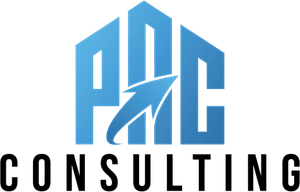Not every buyer can (or will) pay 100% cash upfront whenpurchasing a business. That’s where creative deal structures like seller notes and earnouts come in. These tools bridge valuation gaps and help deals close, but they also carry risks if not structured properly.
## What is a Seller Note?
A seller note is essentially owner financing. Instead of receiving the full purchase price at closing, the seller agrees to take back a promissory note—payments made over time with interest.
### Pros:
- Expands buyer pool by lowering upfront capital required.
- Generates interest income for the seller.
- Demonstrates seller confidence in the business.
### Cons:
- Payments depend on the buyer running the business well.
- Collection risks if the buyer defaults.
## What is an Earnout?
An earnout ties part of the purchase price to future performance. For example,
a buyer pays $2M upfront, plus $500K over 3 years if revenue targets are met.
### Pros:
- Bridges valuation disagreements between buyer and seller.
- Rewards sellers if the business continues strong performance.
### Cons:
- Complex to negotiate and enforce.
- Can create post-sale tension if targets aren’t met.
### Example
PAC Consulting helped structure a $4.5M transaction where the seller received $3.5M upfront, $500K in a seller note, and a $500K earnout tied to revenue growth. This allowed the deal to close while giving both sides confidence.
PAC Consulting structures creative deals nationwide. If you’re considering selling, we’ll design terms that maximize value and protect your interests.

